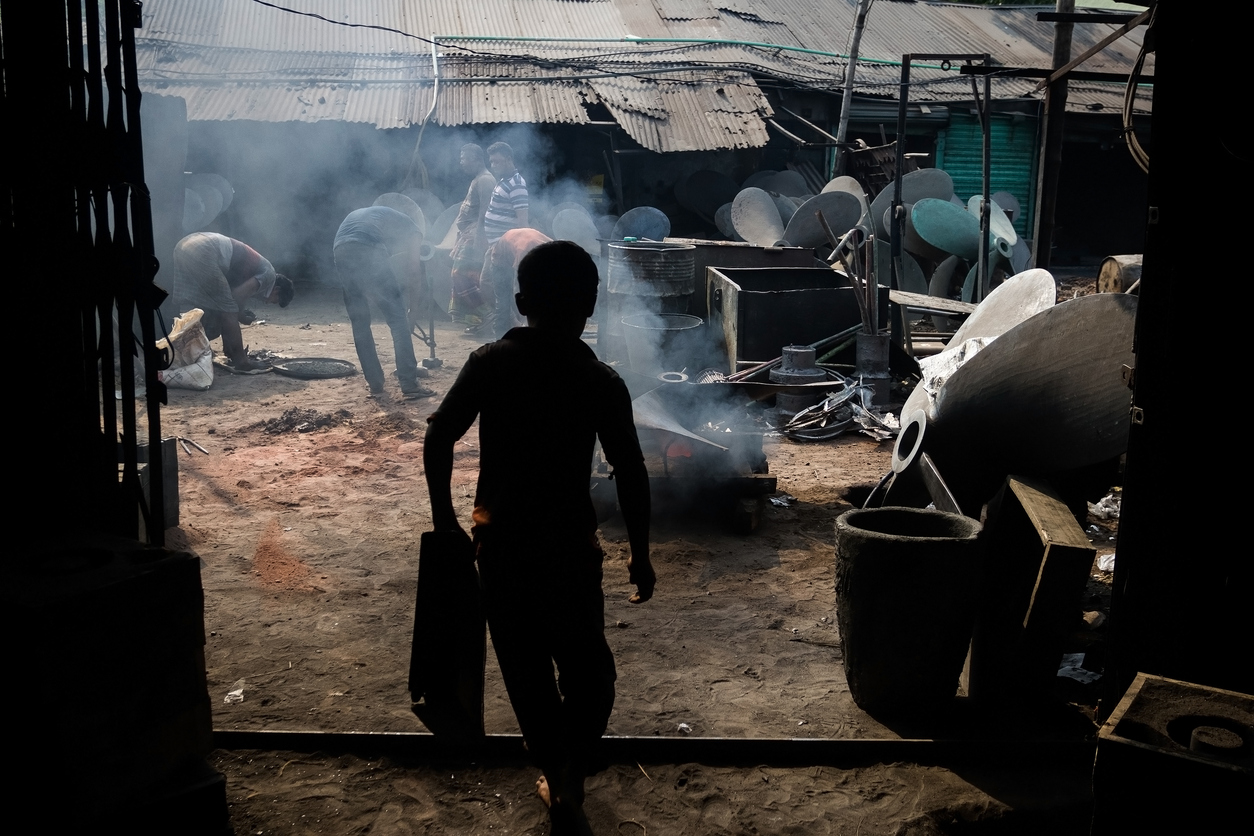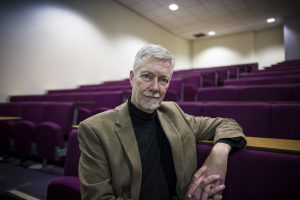
September 21, 2017, by Charlotte Anscombe
More than 40 million people are trapped in slavery across the globe: shocking new figures reveal the true scale of modern slavery.
A Nottingham slavery expert has contributed to research published on Tuesday (19 September 2017) revealing that there are 40 million victims of modern slavery and 152 million in child labour around the world.
The research was developed jointly by the International Labour Organization (ILO) and the Walk Free Foundation, in partnership with the International Organization for Migration (IOM).
The data, released during the United Nations General Assembly, shows that more than 40 million people around the world were victims of modern slavery in 2016. The ILO have also released a companion estimate of child labour, which confirms that about 152 million children, aged between 5 and 17, were subject to child labour.
The new estimates also show that women and girls are disproportionately affected by modern slavery, accounting for almost 29 million, or 71 per cent of the overall total. Women represent 99 per cent of the victims of forced labour in the commercial sex industry and 84 per cent of forced marriages.
Professor Kevin Bales from the University of Nottingham, and one of the world’s leading modern slavery experts, works closely with Walk Free and contributed to the research which revealed the figures.
He said: “The figures are more accurate than any numbers that we’ve had previously.”
The research reveals that among the 40 million victims of modern slavery, about 25 million were in forced labour, and 15 million were in forced marriage.
Professor Bales describes this finding as a ‘breakthrough’ that helps draw attention to the issue. “In a lot of countries around the world, they don’t even want to discuss the idea of marriage in the same room as the idea of slavery,” he said.
He goes on to add: “These new numbers are very exciting for three reasons. Firstly, they represent a joint effort by the best research groups in the world that study slavery – working together they have made real advances in accuracy and reliability. Secondly, these are the best baseline data we’ve ever had – and having a useful metric, a way to measure success or failure as we work to end slavery is critically important.
“Thirdly, for the first time we are able to report the stock of slavery (how many are in slavery at any one time) and the flow of slavery (how many have been caught up in slavery over the past five years). This is important because this is the normal way that governments and groups like the UN measure other serious issues like migration or the spread of diseases. Stock and flow measures also help to better plan and adjust our responses to slavery.”
Professor Kevin Bales is the Research Director of the University of Nottingham’s Rights Lab, a Beacon of Excellence and research group working to deliver research that helps to end modern slavery by 2030
No comments yet, fill out a comment to be the first


Leave a Reply